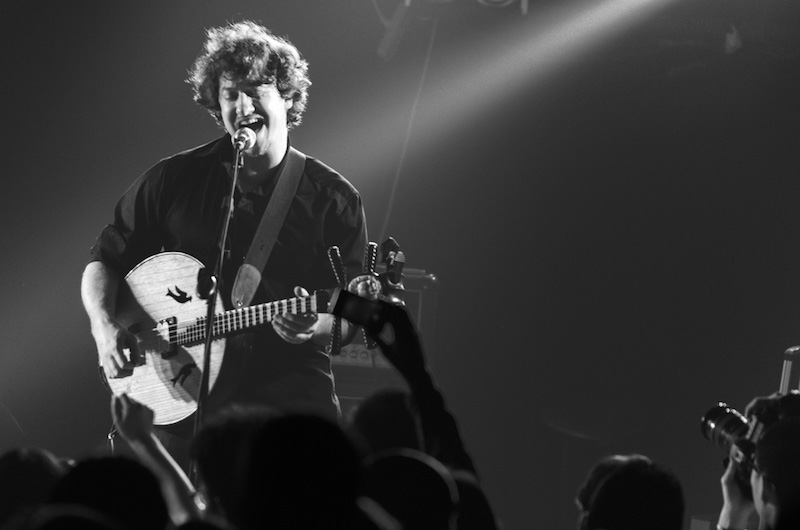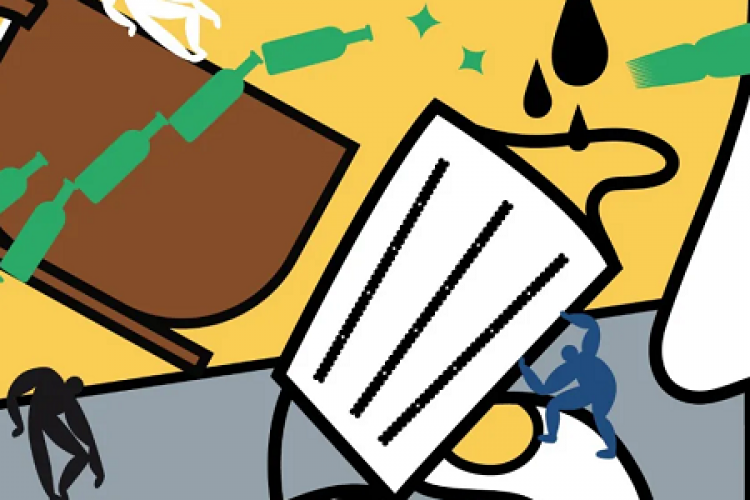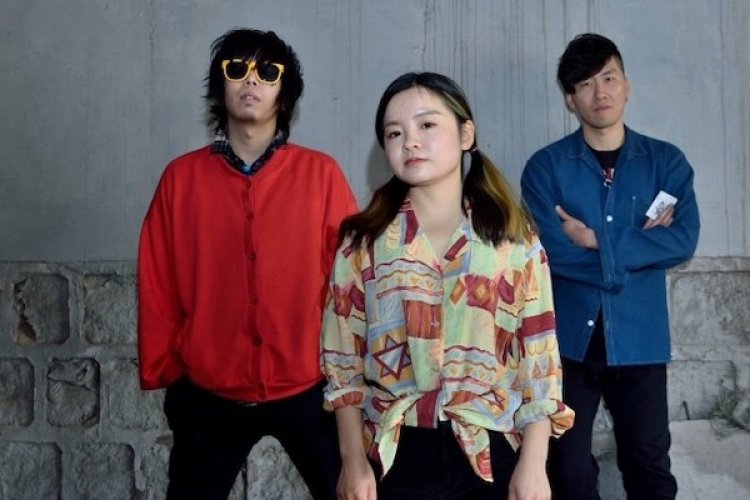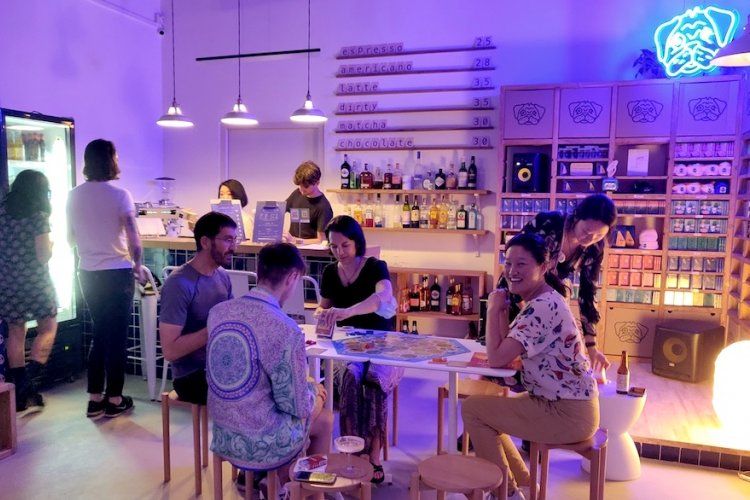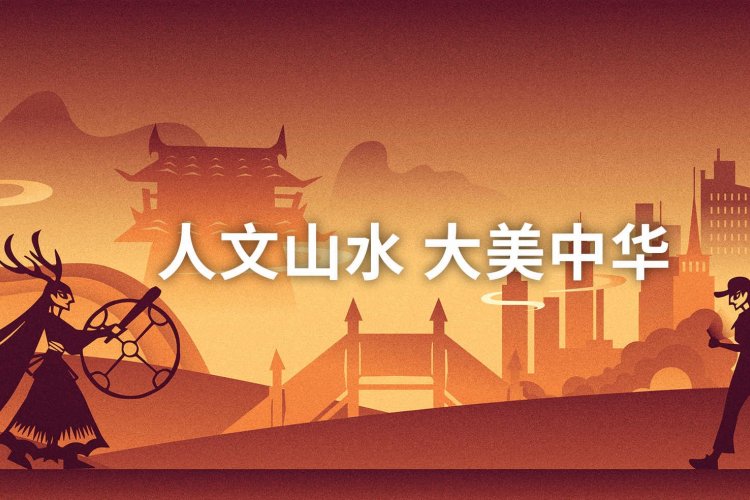Smoke 'Em If You Got 'Em: Multi-Instrumentalist Djang San Talks New Album 'I Love Cigars!'
Djang San, also known in Chinese as Zhang Si’an, is a talented musician from France who landed in Beijing in 2000 and has been living and making music here ever since. He can also be seen as a re-inventor of the Chinese classical instrument zhongruan, plucking its strings to explore exotic new sounds, fueling his prolific writing and recording, proven by the 38 albums that he has released so far, nearly all of which he produced himself. His style ranges from jazz to electro, rock to classical, and more and his playing ability is equally as diverse – on his newest album, I Love Cigars!, Djang San handles all the instrumentation; playing drums, bass, guitar, synthesizer, and piano as well as a few other instruments. Below, he tells us more about his eclectic repertoire and his varied influences.

How many instruments can you play, and what’s your favorite one?
I play guitar, drums, bass, zhongruan, pipa, synthesizer, and a few flutes. I can also easily adapt to other instuments similar to these. I started playing violin when I was eight years old, but eventually forgot how to play it and started back playing guitar when I was 16. I also sing in various languages including English, French, Chinese, and Spanish.
As a Chinese classical instrument, zhongruan is not even known by many Chinese people. What drew you to it?
I discovered zhongruan for the first time when I saw Beijing Opera in 2000. While waching, I noticed a series of instruments I could maybe use in my own music. This included the zhongruan, which seemed to be used mainly in the background. My music has always been about transformations and progress. I started with classical music at eight then rock music when I was 16 and world music at the same time, then jazz, then electro, then DJ, then a mix of everything again. After buying my first zhongruan in 2001, I also bought CDs of zhongruan music and learnt a few zhongruan tunes by myself. I then realized I could go beyong the limits of classical music and get that instrument into modern music, which is when I did songs such as "Where's Happiness?" and "Shenme Shi," which I composed in 2002 and recorded in 2003.
In 2009 I became the first musician to play jazz with this instrument, applying the idea of walking bass to the zhongruan with recordings of jazz standards "Summertime" and "Take the A Train." It's at that time I realized I needed an electric version of the instrument to play live, because I had too much feedback problems on stage. It's by watching videos on how to build folk guitars into electric guitars that I had the idea to electrify Chinese classical instruments. I started with the zhongruan but I have also electrified the pipa. I have my own design of electrification for all of that.
You have been making music in Beijing for over 10 years. What keeps you here?
What I like about Beijing is the freedom to do art and music. The number of venues in Beijing is what has always made it easy to push for new ideas artistically in the city. The fact that it is easy to play any style with anybody has also helped. I am afraid we are somehow reaching the end of a golden era with many places that have closed in the last two years. If we erase the music and art scenes Beijing, it might just be an empty shell with nothing interesting. Beijing should use music as a tool to promote a positive aspect of itself.
What inspires you as an artist?
I have inspiration all the time. I often write lyrics on my phone while walking in the streets, sitting in a bar or in a taxi. I have so far recorded 38 albums and produced almost all of them myself. I sometimes sit in my home studio and start playing something on one or other instrument, then some melody comes out, I don’t know why. It just happens.

